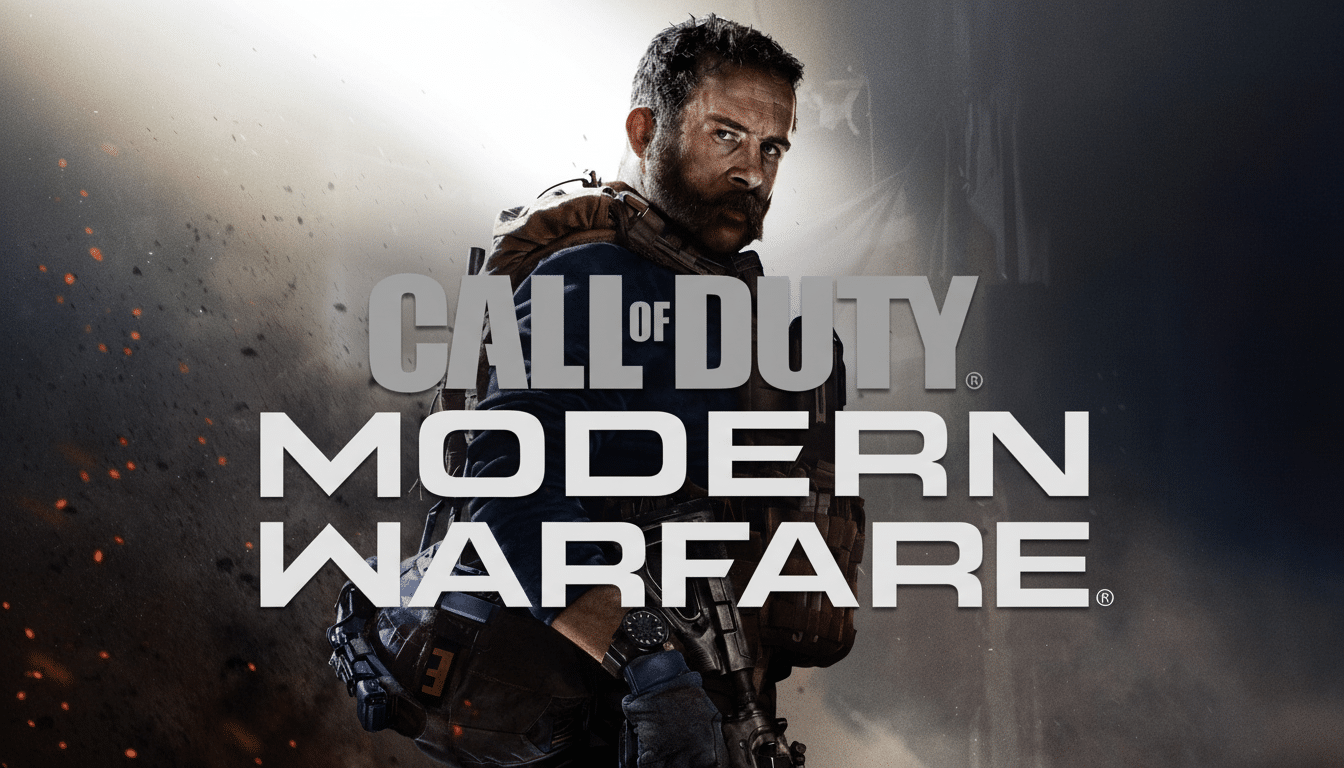Paramount is in talks to acquire film rights to the Call of Duty franchise, according to industry reporter Matt Belloni at Puck, a development that would unite one of the world’s biggest entertainment studios with one of gaming’s most successful properties.
If the discussions are true, they arrive at a time of ongoing change in control and strategy around the franchise: Activision Blizzard is now owned by Microsoft, and Xbox has made no secret of its desire to exploit its game libraries across film and television in the wake of the Halo streaming series and continued Gears of War movie development.

Why Paramount Is Interested
And with Paramount having found relatively strong box office and mainstream recognition with Sonic, eyes will continue to be on video game adaptations as potential for broad-appeal expansion as new studio leadership has put all of the major game industries on their list for expansion.
Call of Duty is a property that naturally draws in an audience — Activision said that Call of Duty marching up to over 400 million units sold worldwide — and games usually top the NPD Group sales charts whenever a new one comes out. Its battle royale spinoff, Warzone, has drawn tens of millions more players, highlighting a broad, global audience coveted by studios.
What a Call of Duty Movie Might Look Like
There’s no single blueprint. The series has ranged from World War II epics to contemporary special-ops thrillers to Cold War conspiracies and near-future sci‑fi; each small sub-franchise — Modern Warfare, Black Ops, Zombies — has its own tone and its own set of expectations from the fans. One, the studio would choose a single campaign — pure hoo-rah boys-on-a-mission cinema at its most phallic — and adapt it verbatim; or two, it would create an original story that used the franchise’s military iconography as background.
Creative precedent suggests there are two legitimate directions to go: a grounded, slow-burn, character-driven drama, in keeping with single-player campaigns, or a high-octane, ensemble action movie, following the model of multiplayer set pieces and Warzone’s apocalyptic spectacle. The former cleaves to the formula that turned HBO’s The Last of Us into both a critical and ratings success for fidelity and emotional core; the latter gravitates toward mass-market spectacle à la the Resident Evil films.

Corporate and Creative Challenges
Behind-the-scenes hurdles are significant. Rights negotiations will include Microsoft, Activision’s corporate teams, and studio lawyers; any deal will need to reconcile long-term franchise plans with franchise owners’ ambitions to keep brand identity safe. That’s compounded by Call of Duty’s yearly release cycle and the fact that the franchise is more based on multiplayer modes than a single over-arching story.
And productionwise, filmmakers will have to negotiate both realism and spectacle as well as any limitations imposed by real-life weaponry, geopolitics and depictions of war. The production and marketing budgets for a true global blockbuster will probably be too much to spend with recorded fan expectations staring you in the face.But eventually I think the studios and independents will have to weigh those costs under consideration with their known-though-not-unlimited estimated value of a built-in fanbase.
Box Office Potential and Precedent
Game to film conversions of the past provide some mixed lessons. Warcraft and Tomb Raider demonstrated international box office potential, when advertised effectively; Sonic demonstrated that when a studio listens to fans and adjusts, fortunes can change for a franchise. There have also been a number of stumbles creatively and financially with adaptations, so a Call of Duty movie would be subject to immense scrutiny from fans and observers alike.
Financially, a successful Call of Duty film would be able to tap into an enormous existing audience — hundreds of millions of players and perennially top-selling — but the narrative clarity provided by casting and whether the movie crosses over beyond core gamers will also become important indicators of the film’s success.
What Comes Next
Negotiations are only a first and most public step. If Paramount can acquire rights, then it is the next decisions—writer, director, tone and whether or not to play in a cinematic universe—that will determine if there is a durable movie franchise or just one more big spectacle in Call of Duty. For something this grand, the line between cultural event and lost opportunity is a narrow one.

